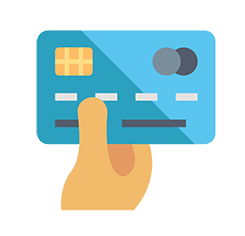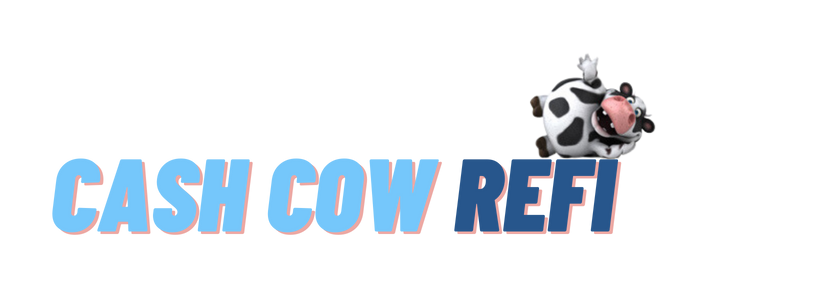Americans continue to pile up credit card debt to over $986 billion
“High inflation is certainly contributing to Americans’ high credit card balances, along with record high interest rates,” Ted Rossman, senior industry analyst at Bankrate said. “More than a third of U.S. adults have more credit card debt than emergency savings, the highest since we started tracking this in 2011.”
NOW IS THE TIME TO LOWER YOUR DEBT!
LOWERING YOUR MONTHLY EXPENSES CAN CHANGE YOUR LIFE!

- Take cash out to consolidate debt, remodel your home or handle emergency expenses.

- Decrease your term from 30 years to 15 years and save thousands!

- Lower your monthly mortgage payment and get rid of unnecessary insurance.
IT ONLY TAKES A FEW MINUTES TO FIND OUT HOW MUCH YOU CAN SAVE! NO COST OR OBLIGATION!

FREE, CONFIDENTIAL, EASY QUOTE
Just a few questions to get a quick quote
The average credit card APR has hit a new record high!
Credit card interest rates are also playing a role in the higher total debt, reaching their own record highs this year. The average credit card APR recently soared to 20.92%, higher than at any point since the Federal Reserve began tracking annual percentage rates in 1994, according to a study from WalletHub.
A HELOC is a Home Equity Line of Credit. It's a type of loan where borrowers use the equity in their home as collateral. It functions like a credit card, allowing you to draw funds as needed, up to a certain limit, and repay over time.
Cash-out refinancing is a mortgage refinancing option where the new mortgage is for a larger amount than the existing loan, and you (the borrower) get the difference between the two loans in cash.
While both use your home's equity, a HELOC offers a revolving line of credit, letting you borrow and repay multiple times. A home equity loan, on the other hand, provides a lump sum that you repay in fixed installments.
You can use a HELOC for various purposes, including home improvements, debt consolidation, education expenses, or as an emergency fund. It's a flexible financial tool.
In a cash-out refinance, you take out a new mortgage for more than what you owe on your original mortgage. Then, you take the difference in cash. For example, if your home is worth $300,000 and you owe $200,000, you could refinance for $250,000 and receive $50,000 in cash.
There are several potential benefits of cash-out refinancing, including the ability to tap into your home's equity, typically at a lower interest rate than other loans. This cash can be used for any purpose, including home renovations, paying off higher-interest debt, or investing in other properties.
The main downside of cash-out refinancing is that you are increasing your mortgage debt and possibly extending the term of your loan. This could result in more interest payments over time. There could also be closing costs associated with the new loan.
Yes, one common use of cash-out refinancing is to pay off high-interest debt such as credit cards or personal loans. This can help you consolidate your debt into a single, lower-interest payment.
The amount of cash you can get from cash-out refinancing depends on the amount of equity you have in your home and the lender's loan-to-value ratio policies. Typically, lenders allow homeowners to cash out up to 80% of their home's value.
Cash-out refinancing usually involves closing costs, which can range from 2% to 5% of the loan amount. You might also have to pay for an appraisal, title search, and other associated fees. It's important to take these costs into account when deciding whether to go forward with a cash-out refinance.
Yes, it's possible to cash-out refinance with a second mortgage, but it can be more complicated. The second mortgage will need to be paid off or subordinated to the new loan. You should discuss your situation with your lender to understand the best options for you.

Let’s Answer Your Questions
OUR BLOG
Learn more about Cash-Out Refinance and HELOCs.
The Step-by-Step Guide to a Cashout Refinance
May 26, 2023 0
How to Qualify for a Cashout Refinance
May 26, 2023 0Understanding Cashout Refinance
May 26, 2023 0
THERE’S NEVER BEEN A BETTER TIME TO SAVE – GET MOOOOOVING TODAY!
Terms and conditions apply. This is not a loan commitment. All information must be verified prior to loan approval.





